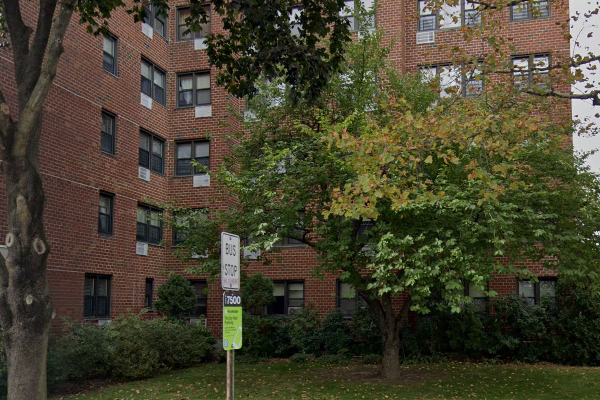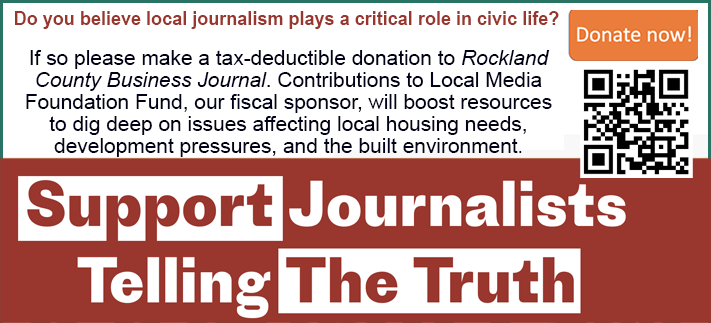|
RCBJ-Audible (Listen For Free)
|
Spiraling Rent Costs & Displacements Forces Village Government To Study New York’s Emergency Tenant Protection Act As Salve To Problem
By Tina Traster
It’s an uphill climb, and maybe even unpopular throughout the state, but the Village of Nyack is considering the adoption of a rent control law to stem the spiraling costs in the Village’s rental buildings.
“We have seen rents for apartments rise 30 percent, or even double in a short period,” said Village Mayor Don Hammond. “There’s not a lot a village or a municipality can do but we’ve been asking ourselves that question — What can we do?”
The answer may be implementing New York’s Emergency Tenant Protection Act and its Housing Stability and Tenant Protection Act (which was formerly limited to NYC and select suburbs). It allows any municipality in New York State to apply rent stabilization laws in their jurisdiction. Narrow in scope, the law, often known as one of the “good cause” laws, allows government-imposed rent control in buildings of six or more units that were built before 1974.
Hammond, who brought the issue to the board six months ago after residents in rental apartments approached him, said he plans to propose at the Village Board’s April 13th meeting that Nyack undertake a “vacancy study,” which is the first step in moving toward adopting a rent control law.
“We have to demonstrate that there is an emergency, that the vacancy rate is less than five percent,” said the Mayor. “We’ve not made any decisions as to whether to move forward, or whether this would apply to buildings that have six units or possibly 20 or more but we are exploring how this works.
What Village officials do know is that there are 33 buildings or a total of 734 units that would be potentially impacted if a rent control law were adopted.
Tenants from rental buildings like Tallman Towers and Riverview Apartments have been feeling the squeeze. They have said landlords are indiscriminately raising rents, spiking them year over year, or issuing eviction notices without cause.
“I don’t want to be chased out of the neighborhood, the apartment building where I’ve been living for several years for no reason,” said one tenant, who spoke on the condition of anonymity. “A lot of people have already been forced out.”
Hammond said if adopted, landlords of designated buildings would be subject to the Rockland County Rent Control Board. The Town of Haverstraw and the Village of Spring Valley have already declared emergencies and have rent control boards.
Housing advocates champion the move, saying it’s time to put the brakes on spiraling rents.
But Hammond admits there’s been some pushback from landlords.
“They have raised concerns, and some of those concerns are legitimate,” the Mayor said.
For example, landlords typically raise rents when they make improvements to their buildings. Still, they will have to justify rent increases to the county’s Rent Control Board.
“We don’t want to discourage landlords from keeping up with repairs and improvements, but we wouldn’t expect that to happen,” the Mayor added.
Kingston recently passed its own version of rent stabilization and sought to impose a 15 percent rent reduction. The rent reduction was tossed by the court, but the challenge to rent stabilization survived. To impose stabilization or controls, the municipality must show a vacancy rate below 5 percent and declare a “housing emergency” to opt into the statewide program. Kingston was the first upstate municipality to opt in.
Orange County does not have any participation, and in Westchester, more than 20 local governments have passed resolutions to participate in the program.
In related news, Rockland County is planning an Affordable Housing Forum for April 21st. Ed Day, in his State of the County address earlier this month recognized the dire need for more affordable housing in the county. For now, change can only happen at the town and/or village levels where projects are approved or rejected by local planning boards and zoning boards of appeal.














